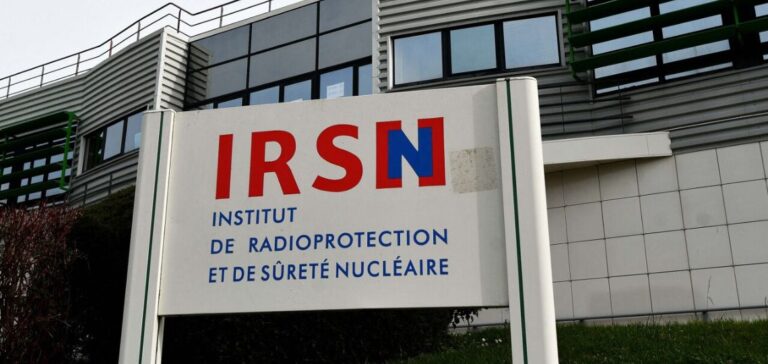Last Monday, employees of the IRSN (Institute for Radiation Protection and Nuclear Safety) organized a demonstration to protest against the merger of their organization with the ASN (Nuclear Safety Authority), planned as part of the bill on the acceleration of nuclear power.
An important mobilization
Nearly 800 IRSN agents responded to the call for a demonstration, coming from different regions of France. They marched between the National Assembly and the esplanade of the Invalides, chanting slogans to defend the future of their institution. The government’s reform, which aims to “fluidify” the decision-making process, has raised concerns among IRSN personnel, as well as among specialists in the field and elected officials.
Jacques Repussard, former director of IRSN, told the demonstrators that the reform will fail because it was carried out without preparation or consultation with the personnel concerned. It also risks losing the independence of the future merged ASN. He warned that if it is carried out, it is likely that one day there will be a new reform following a glitch, which hopefully will not be too serious.
Security concerns
Among the demonstrators, some fear for security, including Stéphane Evo, head of the Security Assessment Service against malicious acts. The fate of its service, whose purpose – “security” (external threats) – is not the responsibility of the ASN, but which uses the skills of safety experts, is uncertain. He expressed concern that they may not be able to fulfill their mission.
Signs to claim their cause
The demonstrators held up signs to make their case, saying that the IRSN is a common good for all French people and that the revival of nuclear power with no regard for safety is a mistake. Staff representatives from other nuclear organizations (Andra, CEA, EDF, etc.) also came to support the IRSN employees.
Discussions in view
The IRSN trade union was to be received Monday evening by a member of the cabinet of the Prime Minister Elisabeth Borne to discuss the concerns of staff. For the protesters, the mobilization will continue until their voices are heard and their facility is preserved.






















